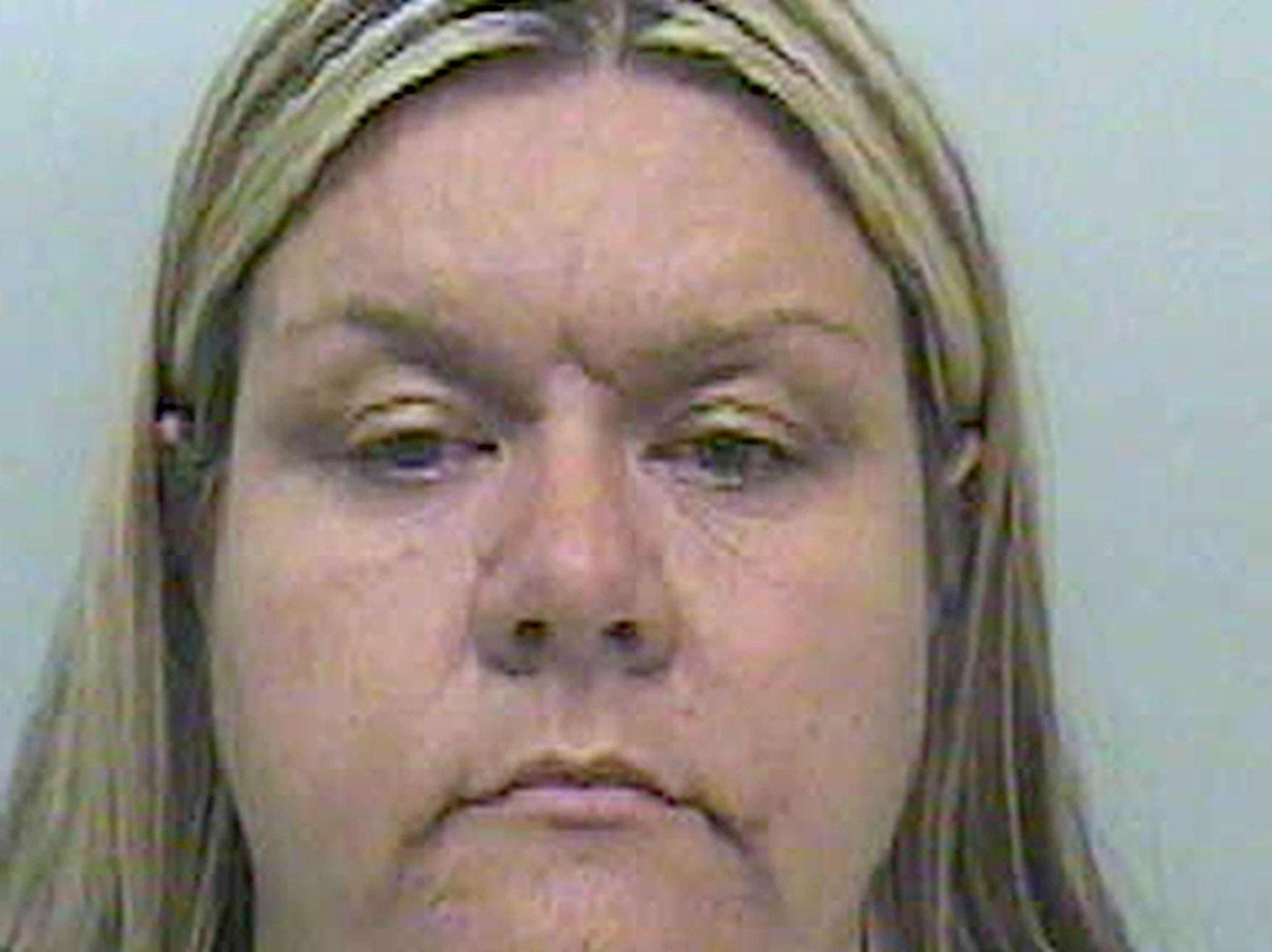Vanessa George: Parole Board defends decision to release Britain’s ‘most prolific female paedophile’
She may have abused up to 30 children but, say officials, she has shown remorse

Parole Board officials have defended the decision to release a woman dubbed Britain’s worst female paedophile.
Vanessa George, who carried out at least seven sex attacks on babies and toddlers while working at a Plymouth nursery, is to be released after she was judged no longer to be a risk to children.
The ruling – which comes 10 years after the now 49-year-old was given an indeterminate sentence for the assaults at the city’s Little Teds centre – triggered a backlash among parents, the media and the local MP.
In particular, they have drawn attention to the fact the original sentencing judge told George that he was, in effect, passing “a life sentence”. He said her crimes had “plumbed new depths of depravity”.
But on Friday, the Patrol Board published its decision summary detailing why it was felt the mother-of-two had been sufficiently rehabilitated.
“Evidence was presented regarding successful participation in interventions to address her sexual offending behaviour,” it said. “These interventions had addressed Ms George’s risk factors and has assisted her in developing insight into the impact of her offending on the victims. She presented as showing remorse for her actions.
“The panel heard how well Ms George had demonstrated her application of relevant skills and learning while in custody. Witnesses described Ms George’s good behaviour in prison. She has worked well with professionals.”
It added “strict and extensive licence conditions” would allow officials to effectively monitor her behaviour once free.
It is the most high-profile case in which the Parole Board has published details of its decision since rules were changed obliging such transparency following the case of John Worboys.
After a hugely contested decision was made to release the so-called black cab rapist following just 10 years in prison, an overhaul of the system was enacted with officials required to make clear their reasons for granting someone parole.
Worboys himself was re-imprisoned after the decision was challenged by victims in a judicial review.
On Friday, it remained unclear if such a review might be requested in George’s case – although calls for one were gathering momentum.
Luke Pollard, Labour MP for Plymouth, Sutton and Devonport, said: “Vanessa George’s crimes against children cannot be forgotten and it’s very hard to forgive her for them. I know I can’t and that’s why her release from jail is a kick in the teeth for our city and all her victims.
“I am very concerned about the safety of our city’s children with the imminent release of Vanessa George and have today written to the justice secretary asking for the decision to release Vanessa George to be urgently reviewed in light of the public outcry and continuing risk to children that I believe she poses.”

Before her 2008 arrest George was part of a paedophile ring, nicknaming herself “paedo whore mum”.
Along with her partner Colin Blanchard, she admitted seven sexual assaults against children after being arrested in 2008 – although the real number may have been as high as 30.
Commenting on the role of the Parole Board, Peter Dawson, director of the Prison Reform Trust, said: “It is critical that people who conduct this complex and difficult task on behalf of us all are free to do so dispassionately and objectively on the evidence, however prominent the particular case may be in the press.”
Bookmark popover
Removed from bookmarks